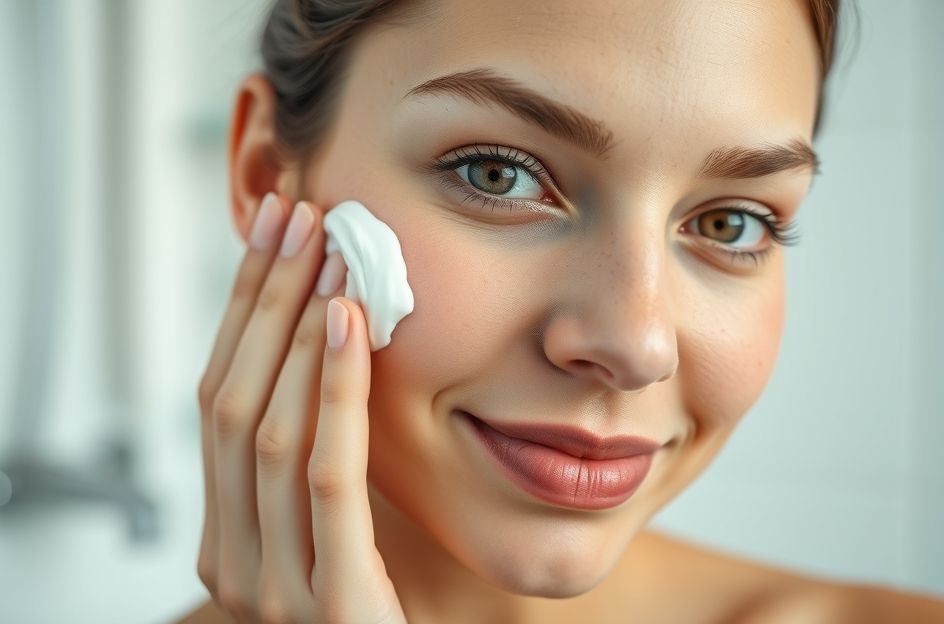Navigating the world of over-the-counter (OTC) acne treatments can be overwhelming. With countless products promising clear skin, making an informed decision is crucial. Instead of relying on anecdotal advice or persuasive advertising, understanding the active ingredients in these medications empowers you to choose the most effective solution for your specific needs.
**Benzoyl Peroxide:** A cornerstone of acne treatment, benzoyl peroxide effectively targets acne-causing bacteria and exfoliates dead skin cells. Available in gels, creams, and washes, it works by reducing the buildup of dead skin and oil that lead to blackheads and whiteheads. A common side effect is dry skin, which can be managed by adjusting the frequency of application. Note that benzoyl peroxide can bleach fabrics and hair.
**Salicylic Acid:** Another popular ingredient, salicylic acid excels at unclogging pores by exfoliating dead skin cells. Consistent use, even after the skin clears, is key to preventing future breakouts. Like benzoyl peroxide, it may cause dryness or irritation.
**Resorcinol:** Resorcinol functions as an exfoliant, encouraging the peeling of the top layer of skin to remove pore-clogging dead cells. It’s frequently combined with sulfur for enhanced efficacy.
**Sulfur:** While its exact mechanism is not fully understood, sulfur has been a long-standing acne treatment. Its effectiveness is well-documented. Due to its distinct odor, sulfur is often formulated with other active ingredients like salicylic acid or benzoyl peroxide.
**Product Application:** Benzoyl peroxide stands out for its versatility. It’s formulated into various product types, including cleansers, bars, gels, lotions, and creams, designed for direct application. Cleansing products are typically used once or twice daily, while creams and lotions can be applied as needed. Optimal results are achieved when the product is applied to the entire affected area, not just individual pimples.
**The Importance of Professional Advice:** While OTC treatments can be effective for mild to moderate acne, consulting a dermatologist is always recommended. A doctor can provide a tailored treatment plan based on your specific skin type and the severity of your acne, potentially offering more effective solutions and guidance.
